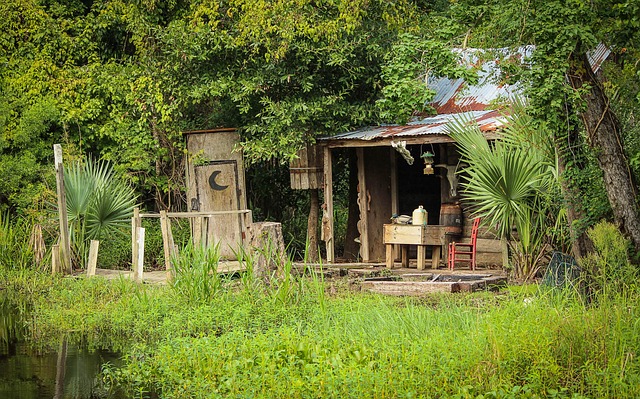Voodoo is a religion that originated in West Africa and was brought to the Americas by African slaves during the colonial era. Today, it is most commonly associated with the Caribbean islands and the state of Louisiana in the United States. In Louisiana, voodoo is a prominent part of the culture, especially in the city of New Orleans. Voodoo doctors, also known as houngans or mambos, are the spiritual leaders of the voodoo community. They have unique practices and rituals that are central to their role in the religion.
The Role of the Voodoo Doctor
Voodoo doctors hold a significant position in the voodoo community. They are seen as intermediaries between the spiritual and physical world. Their main role is to communicate with the spirits, ancestors, and deities to seek guidance, protection, and healing for individuals or the community as a whole. Voodoo doctors are believed to possess supernatural powers and are respected for their wisdom and knowledge of the spiritual realm. They play a crucial role in performing rituals and ceremonies, as well as providing spiritual advice and remedies for various ailments.
The Initiation Process
Becoming a voodoo doctor is not an easy task. It requires a long and rigorous initiation process. The process usually begins with a calling or revelation from the spirits, indicating that the individual has been chosen to become a voodoo doctor. The prospective doctor must then seek out a mentor or experienced houngan or mambo who will guide them through the initiation. During this period, the apprentice learns various rituals, chants, dances, and herbal remedies under the watchful eye of their mentor. The initiation process can take several years to complete, and it is only after successfully passing all the tests and challenges that one becomes a fully recognized voodoo doctor.
The Use of Ritual Tools and Objects
Voodoo doctors have a wide range of tools and objects that are vital to their practice. Each tool has a specific purpose and is believed to carry spiritual energy. Some of the most common tools include:
1. Voodoo dolls: These dolls are used to represent a person or animal and are believed to have the power to influence or manipulate their physical or spiritual well-being. They are used in healing rituals, love spells, and protection rituals.
2. Altar: Voodoo doctors have a dedicated space known as an altar where they perform rituals and communicate with the spirits. The altar is adorned with various symbols, objects, and offerings that are significant to the voodoo practice.
3. Candles: Candles play a crucial role in voodoo rituals. They are believed to hold spiritual energy and are used to invoke the spirits, as well as provide light and guidance during ceremonies.
4. Ritual knives: Ritual knives are used by voodoo doctors for various purposes, such as cutting herbs, marking symbols, or performing bloodletting rituals. They are considered a symbol of power and protection.
Rituals and Ceremonies
Rituals and ceremonies are central to voodoo practice. They are performed by voodoo doctors to connect with the spirits and seek their guidance, blessings, or healing. Some of the common rituals include:
1. Healing rituals: Voodoo doctors are known for their healing abilities. They use various methods, such as herbal remedies, chants, and dances, to channel spiritual energy and provide relief from physical or emotional ailments.
2. Offering ceremonies: Offerings are made to the spirits as a sign of respect and gratitude. These offerings can include food, drinks, herbs, or symbolic objects. Voodoo doctors lead these ceremonies and ensure that the proper rituals are followed.
3. Possession rituals: Voodoo is well-known for its possession ceremonies, where the spirits are believed to temporarily possess individuals. Voodoo doctors act as intermediaries during these ceremonies, providing guidance and support as the possessed person communicates with the spirits.
Conclusion
Voodoo doctors are an integral part of the voodoo community in Louisiana. Through their unique practices and rituals, they bridge the gap between the spiritual and physical world and provide guidance, healing, and protection to individuals and the community as a whole. Their initiation process, use of ritual tools and objects, and various ceremonies reflect the rich and diverse cultural heritage of voodoo in Louisiana.

